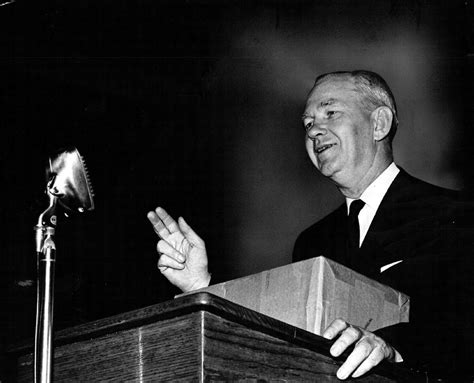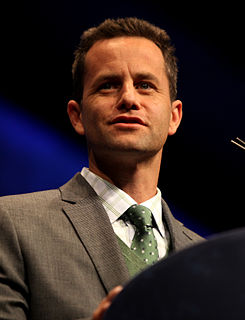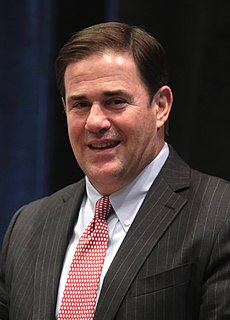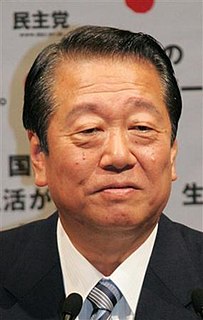A Quote by William J. Brennan
The Constitution was framed fundamentally as a bulwark against governmental power, and preventing the arbitrary administration of punishment is a basic ideal of any society that purports to be governed by the rule of law.
Related Quotes
Even government by the consent of the governed, as in our own Constitution, must be limited in its power to act against its people; so that there may be no interference with the right to worship, or with the security of the home; no arbitrary imposition of pains or penalties by officials high or low; no restrictions on the freedom of men to seek education or work or opportunity of any kind, so that each man may become all he is capable of becoming.
I am committed against every thing which in my judgment, may weaken, endanger, or destroy (the Constitution) ... and especially against all extension of Executive power; and I am committed against any attempt to rule the free people of this country by the power and the patronage of the Government itself.
In its proper meaning equality before the law means the right to participate in the making of the laws by which one is governed, a constitution which guarantees democratic rights to all sections of the population, the right to approach the court for protection or relief in the case of the violation of rights guaranteed in the constitution, and the right to take part in the administration of justice as judges, magistrates, attorneys-general, law advisers and similar positions.
A state that denies its citizens their basic rights becomes a danger to its neighbors as well: internal arbitrary rule will be reflected in arbitrary external relations. The suppression of public opinion, the abolition of public competition for power and its public exercise opens the way for the state power to arm itself in any way it sees fit.... A state that does not hesitate to lie to its own people will not hesitate to lie to other states.
We are deeply concerned about the situation in Russia with regards to human rights. There are several examples of this situation, such as the new law requiring NGOs to register as "foreign agents", the law banning homosexual "propaganda", problems with the rule of law and arbitrary judicial processes, and court rulings against the opposition.
The rule of law does not guarantee freedom, since general law as well as personal edicts can be tyrannical. But increasing reliance on the rule of law clearly played a major role in transforming Western society from a world in which the ordinary citizen was literally subject to the arbitrary will of his master to a world in which the ordinary citizen could regard himself as his own master
If they are incorporated into the Constitution, independent tribunals of justice will consider themselves in a peculiar manner the guardians of those rights; they will be an impenetrable bulwark against every assumption of power in the legislative or executive; they will be naturally led to resist every encroachment upon rights expressly stipulated for in the Constitution by the declaration of rights.


































